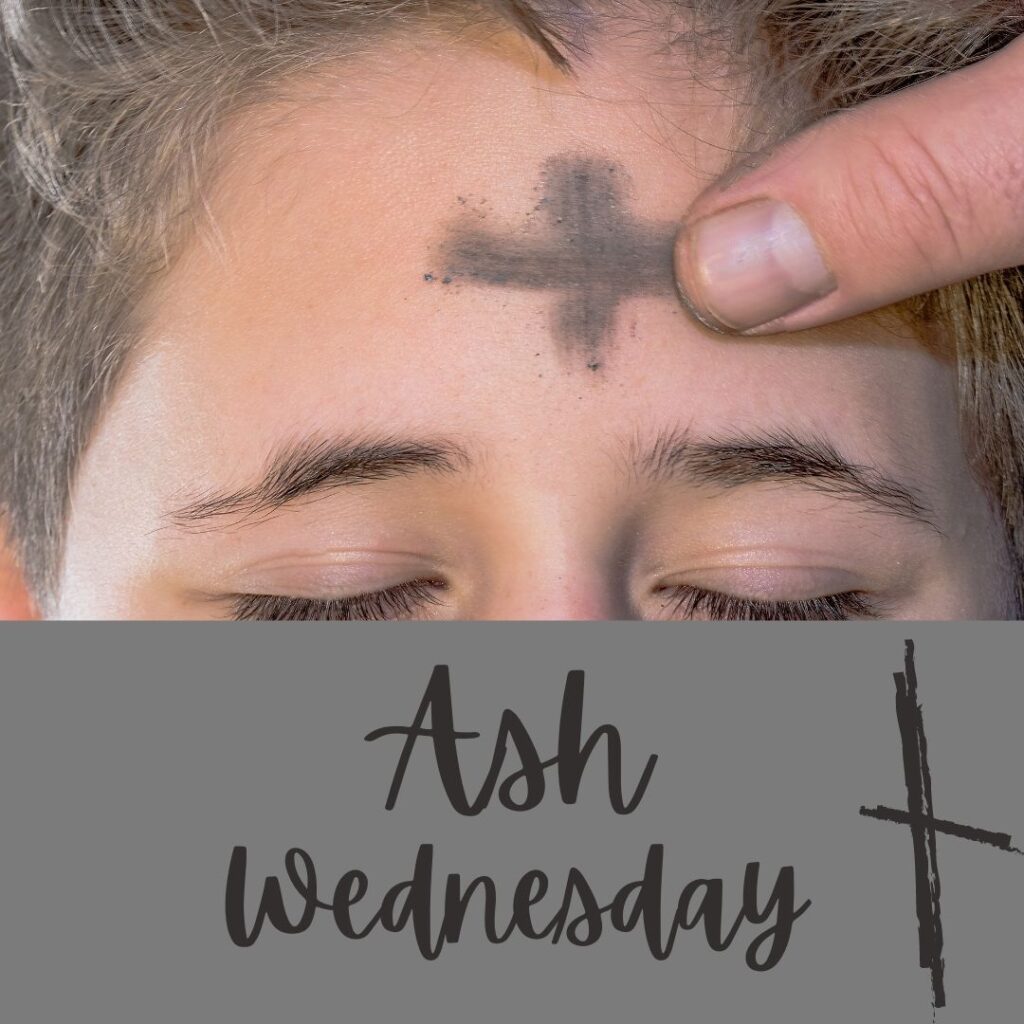For our Christmas read, the Catholic Thought book club selected the Christmas poems and short stories of George MacDonald collected under the title My Little King. George MacDonald was a Scottish author writing in many different mediums who had a theological bent to his writings, writing in the Victorian era. In time he left the Presbyterianism that he grew up with and embraced what I will characterize as a more High Church character to Christianity. He rejected pre-destination and penal substitution, and believed in a merciful than was envisioned by Calvin. That is my reading of MacDonald’s theology, and I’m no expert. So take it with a grain of salt.
We
took on three works from this collection: the poem “A Christmas Carol,” and the
short Pstories “The Gifts of the Child Christ” and “Uncle Peter.” I’ll start with the poem first.
A
Christmas Carol
By George MacDonald
(Also known as “Mary’s
Lullaby” to avoid confusion with the classic Christmas story by Charles
Dickens)
Babe Jesus lay in Mary's
lap,
The sun shone in his
hair;
And this was how she saw,
mayhap,
The crown already there.
For she sang: "Sleep
on, my little king;
Bad Herod dares not come;
Before thee sleeping,
holy thing,
The wild winds would be
dumb."
"I kiss thy hands, I
kiss thy feet,
My child, so long
desired;
Thy hands will never be
soiled, my sweet;
Thy feet will never be
tired."
"For thou art the
king of men, my son;
Thy crown I see it plain!
And men shall worship
thee, every one,
And cry, Glory!
Amen!"
Babe Jesus he opened his
eyes wide--
At Mary looked her lord.
Mother Mary stinted her
song and sighed;
Babe Jesus said never a
word.
My
Comment:
I went searching on
YouTube for the melody to this but alas I couldn't find one. It sounds like it
would make a lovely song. I'm sure it was intended as a song. If someone finds
this put to music, please post it.
My
Comment:
Anyone else find this
stanza perplexing?
"I kiss thy hands, I
kiss thy feet,
My child, so long
desired;
Thy hands will never be
soiled, my sweet;
Thy feet will never be
tired."
I know MacDonald is
focused on the Lord's kingship but he is also a carpenter. His hands will
definitely be soiled. But more ironic perhaps is his feet will never get tired.
That seems to ignore the passion carrying of the cross where Christ is beyond
tired. He even needed the help of Simon the Cyrene.
So is this an oversight
by MacDonald or is he being ironic?
Michelle’s
Reply:
Yes! What came to my mind
was how He walked all over Judea to heal and preach. I can't imagine how tiring
that must have been, and His poor sacred feet must have hurt!
My
Reply:
Yes. MacDonald must have
realized it when he wrote. He's just capturing a mother's wish, but with irony.
The reality will be different.
Kerstin’s
Reply:
I don't think it is meant
in the physical sense, of the realities of living. It is meant metaphorically.
Jesus will never use his hands for ill, they will never be instruments for sin.
His feet are instruments for spreading the Good News, and he will never tire to
fulfill his mission.
My
Reply to Kerstin:
That is possible Kerstin.
I didn’t think of that.
My
Comment:
Reading this over and
over again, now I'm stuck on this verse: "My child, so long desired."
Now that is coming out of Mary's voice. But Mary had taken a vow of celibacy.
She couldn't have "long desired" a child. She had intended to live
childless with Joseph.
Michelle’s
Reply:
I thought it meant how
Israel longed for the Messiah.
My
Reply to Michelle:
Ah yes. Not her personal
desire but the Jewish people’s desire. Very good Michelle.





